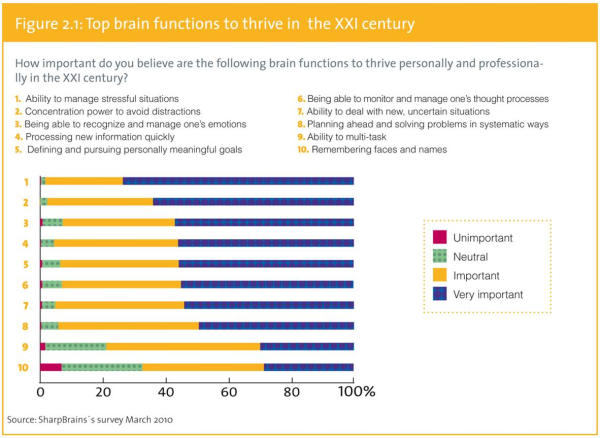
Most managers want to be more effective at managing, and most talent development professionals already know that business mentoring can be a helpful tool in increasing leadership and business skills. But rarely do people wonder about the brain functions which create better managers.
The left-brain does much of the analytical work of business people, but it it’s the right side of the brain that gives us that sense of being connected to one another. It's called the relational right brain for a good reason. The right-brain refers in a general way to those brain systems responsible for regulating our ability to interpret, navigate and thrive in the world. In particular, these systems also determine the quality of our relationships with others, including the ability to form secure emotional attachments. From PET scans and neuroimaging technology, scientists have learned that the right brain regulates or influences many aspects of our behavior.
The left-brain (left hemisphere of the brain) is the physical location of our capacity for logical thinking, abstract analysis, and verbal dexterity. The left-brain specializes in processing information in a conscious, specific and linear way, while the right-brain specializes in unconscious, global and holistic processing.
Business mentoring is targeted learning by a more seasoned manager to enhance business related skills. Business mentoring usually includes strategic challenges, analytical skills, political insight and managerial lessons and, thus, uses both sides of the brain.
Many of our clients use business mentoring with their engineers, scientists and other valuable and highly trained employees, who are stronger on the technical skills than their people skills. Developing strength in the “soft skills of managing people” involves understanding one’s own feelings and awareness of the feelings and actions of others.

SharpBrains.com website offers many insights into brain functioning. When managers were surveyed about the skills that were becoming the most important to personal and professional success in the 21st Century, they ranked The Ability to Recognize and Manage One’s Own Emotions higher than The Ability to Plan Ahead and Solve Problems in a Systematic Way. Survey participants also ranked managing emotions higher than the Ability to Process New Information.
Thus, business mentoring is holistic and is more likely to impact managers and create a long-term sustainable competitive advantage than other types of training. At Mentor Resources, clients have demonstrated again and again that business mentoring is a cost-effective tool for leveraging other types of learning programs, as it improves retention and impact of the newer skills which the firm is seeking to expand within the workforce.

